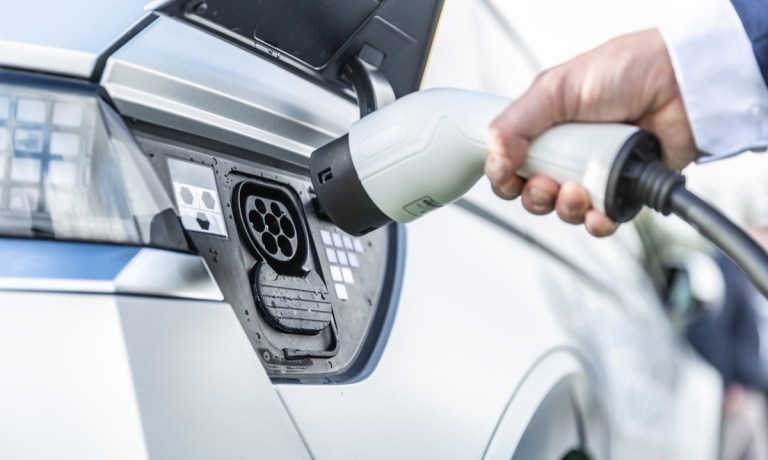Report: Investors in EV Charging Grow ‘Weary’ Waiting for Profits

Electric vehicle (EV) charging companies reportedly don’t have much juice with investors these days.
As The Wall Street Journal reported Tuesday (Dec. 26), companies like ChargePoint, Blink Charging and EVgo have all seen their share prices drop this year, with Blink and EVgo both projecting annual losses.
According to the report, charging companies don’t expect to become profitable for about a year and face the threat of EV market leader Tesla opening the bulk of its popular charging network to other drivers beginning in 2024.
And while more EVs are on the road, making charging use more frequent, selling jolts of electricity to motorists isn’t driving revenue as use rates are relatively low, the report said.
“I think the investor class has grown weary of the industry’s lack of profitability,” said Blink Charging’s chief executive, Brendan Jones.
The WSJ also quotes Rick Wilmer, ChargePoint’s CEO, who said recently that the places that might offer EV charging as an amenity — offices, hotels, shopping centers — are waiting to install such equipment due to economic uncertainty.
“I think we’re seeing this viewed as a discretionary purchase, and the CFOs of the world are being cautious with discretionary purchasing,” he said on an earnings call.
PYMNTS Karen Webster examined the consumer unease about EVs earlier this month, writing that this unease is “made more real when considering that there are only 160,000 charging stations in the U.S. right now — and even fewer supercharging stations that provide a top up in 30 minutes.”
Most take three to four hours to generate a full charge. And while the Biden administration has indicated plans to pay to develop 500,000 stations, that number falls short of the 700,000 that would be needed in a situation in which 40% of American automobiles were EVs.
“The problem facing the EV ecosystem today is there were not enough early adopters to create sufficient demand for suppliers of charging stations, so the U.S. lacks the density of fast charging stations that later adopters of EVs would require to give up gas,” Webster wrote.
“And investors in EVs may have underestimated the importance of that and overestimated the willingness of consumers to overlook battery anxiety based on the enthusiasm of those early adopters.”